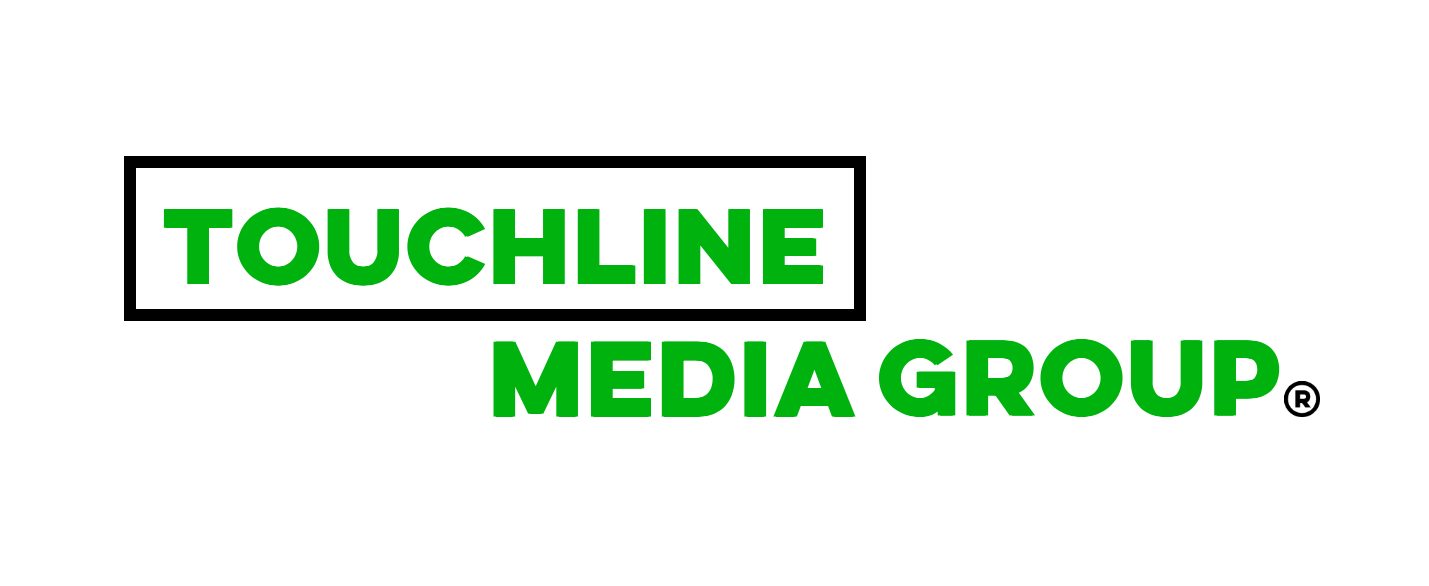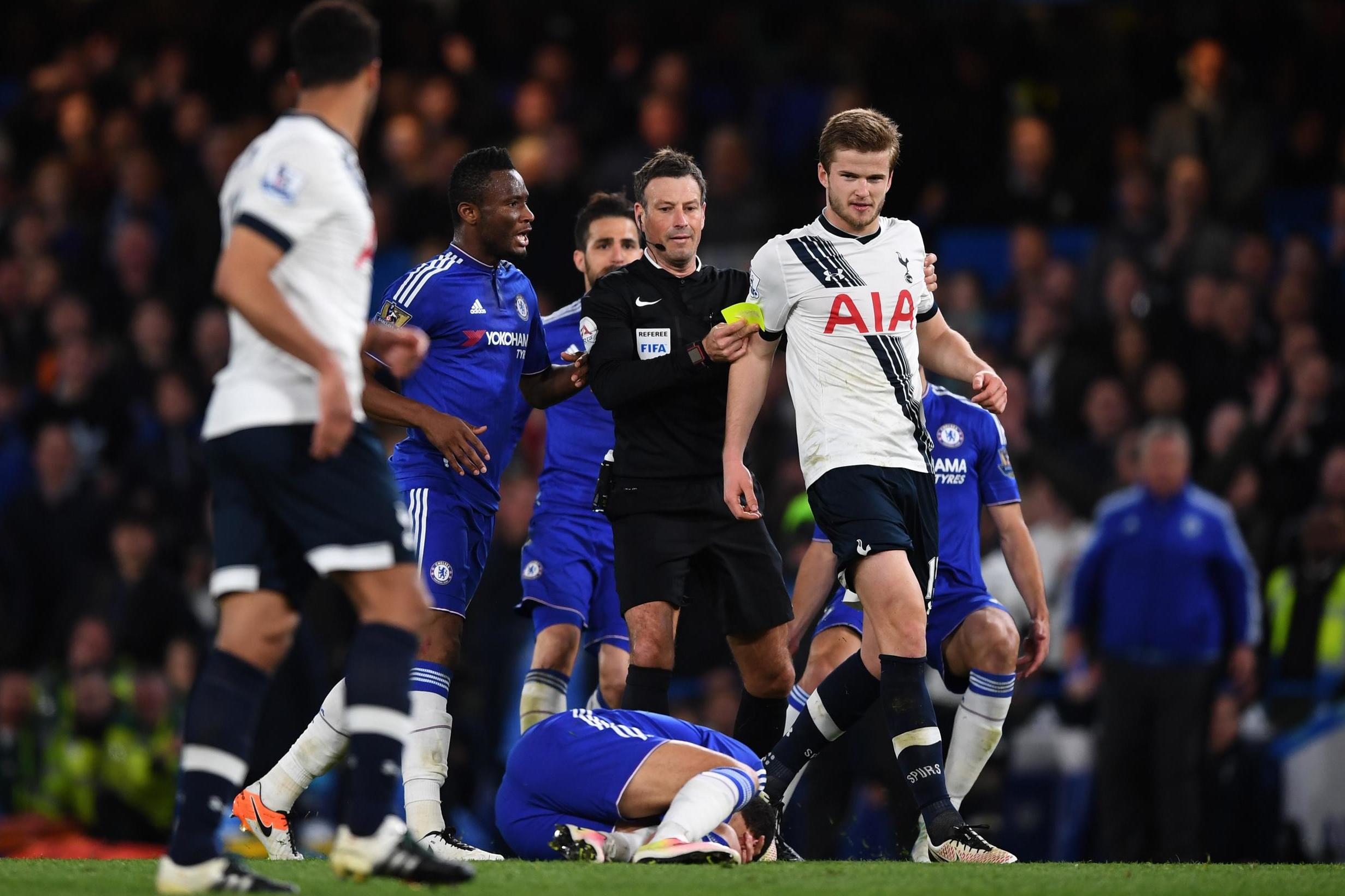
Let me preface this by saying I generally dislike referees. They remain a frequent blemish on the beautiful game, as someone who has played the football all the way from grassroots to semi-professional level, I can confidently say that the the level of officiating I have experienced is appalling. I cannot tell you how many times i have stood on the pitch in disbelief as a call has been given, where seemingly all other 21 players on the pitch can see what the right call is, save for the referees of course. Maybe its something about the type of characters the job attracts or a failure in the education of referees by the FA, but England also seem to produce referees who love to be the centre of the show. After his recent comments, ex premier league referee Mark Clattenberg certainly took centre stage.
Clattenberg was speaking on NBC’s Men in Blazer’s podcast, speaking about the psychology of officiating and his experiences in his rise in the world of officiating. I’ve never met Mr Clattenberg but from the first story he tells you can hear his arrogance, which is is fair enough seeing as he holds the respect of the refereeing community. You also hear his admiration as he speaks about his tutelage under Perluigi Collina. However as Clattenberg begins to speak about the so called battle of Stamford Bridge you also begin to get a sense of his self importance. Now while I understand the basis of Clattenbergs logic, I remember watching that game and some of the things I saw Spurs players do should not be allowed anywhere near a top flight game. Clattenberg states that at least 3 spurs players should have been sent off, but that he benefited the game by letting the challenges go.
Clattenberg claims he was worried that the media would blame him if Tottenham lost the game due to being down to 9 men, and rather he was better served allowing them to self destruct. The problem with this Mark is that of the astonishing 20 fouls that Tottenham committed that day anyone of them could have resulted in serious injury, also your job is not to contribute to the ‘theatre’ as he claims so proudly it is to officiate, heck in an ideal world the referee wouldn’t even be on the pitch. Also it is worth noting that red and yellow cards are supposed to act as a deterrent, and by not using them he endangered the players.
The lack of protection lead to the anger of Chelsea players who thankfully did not react violently on the pitch during the game, but come the end of the game you had two sets of angry players. One half furious at being kicked all match, and the other incensed at losing their chance to win the premier league. So much for de-escalation. Remarkably Chelsea were fined more than tottenham, for failing to control thier players. And the FA collected a sum of £600,000 combined from both teams. Looks like that money needs to go into training better referees, because with better game and man management the ugly post game brawl could have been avoided.
Clattenberg proceeds to talk about how important mental strength is as an official, ironically it takes mental strength to do your job regardless of the headlines that you imagine in the paper. Referees are similar to defenders, the less you hear their names, the better a game they are having. Clattenberg has since claimed his comments were not intended to make him the centre of attention, but his officiating that day is certainly not open to interpretation.


